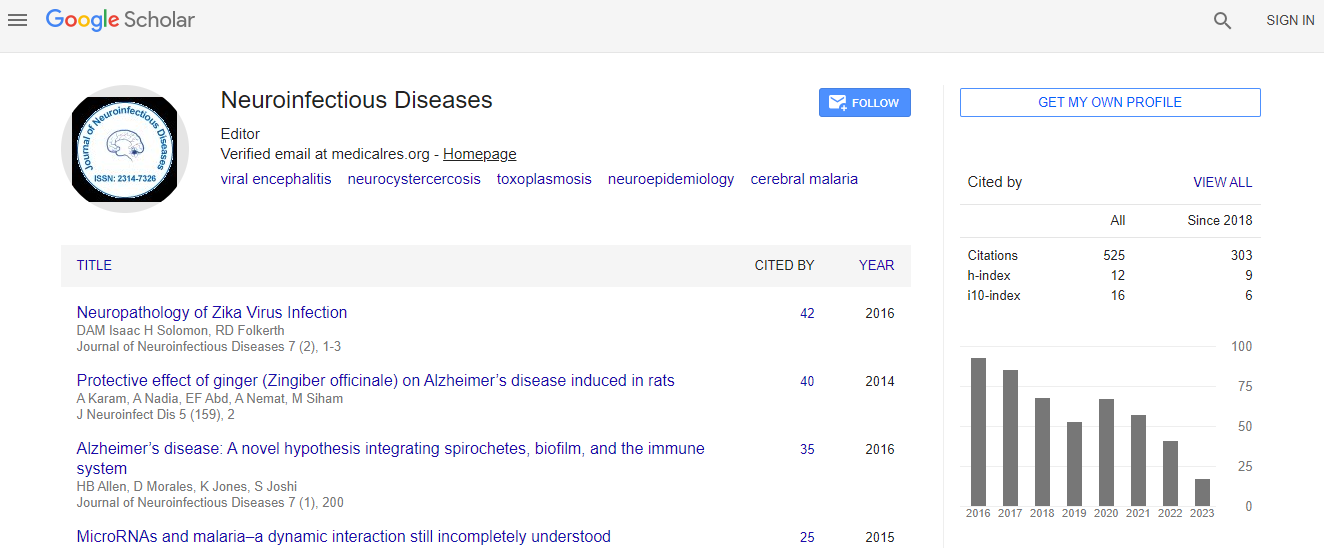Research Article
Alterations in the Brain Transcriptome in Plasmodium Berghei ANKA Infected Mice
Mahalia S. Desruisseaux1,2* Dumitru A. Iacobas3 Sanda Iacobas3 Shankar Mukherjee1 Louis M.Weiss1,2 Herbert B. Tanowitz1,2 and David C. Spray2,3
1Department of Pathology, Albert Einstein College of Medicine, Bronx, NY 10461, USA
2Department of Medicine, Albert Einstein College of Medicine, Bronx, NY 10461, USA
3The Dominick P. Purpura Department of Neuroscience, Albert Einstein College of Medicine, Bronx, NY 10461, USA
- Corresponding Author:
- Mahalia S. Desruisseaux
Department of Pathology, Albert Einstein
College of Medicine, Bronx, NY 10461, USA
E-mail: m.desruis@einstein.yu.edu
Received date: 31 August 2010; Accepted date: 18 September 2010
Abstract
We have used cDNA microarrays to compare gene expression profiles in brains from normal mice to those infected with the ANKA strain of Plasmodium berghei, a model of cerebral malaria. For each of three brains in each group, we computed ratios of all quantifiable genes with a composite reference sample and then computed ratios of gene expression in infected brains compared to untreated controls. Of the almost 12,000 unigenes adequately quantified in all arrays, approximately 3% were significantly downregulated (P < 0.05, ≥ 50% fold change) and about 7% were upregulated. Upon inspection of the lists of regulated genes, we identified a high number encoding proteins of importance to normal brain function or associated with neuropathology, including genes that encode for synaptic proteins or genes involved in cerebellar function as well as genes important in certain neurological diseases such as Alzheimer’s disease or autism. These results emphasize the important impact of malarial infection on gene expression in the brain and provide potential biomarkers that may provide novel therapeutic targets to ameliorate the neurological sequelae of this infection.

 Spanish
Spanish  Chinese
Chinese  Russian
Russian  German
German  French
French  Japanese
Japanese  Portuguese
Portuguese  Hindi
Hindi 
